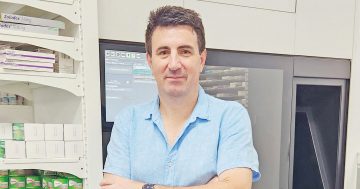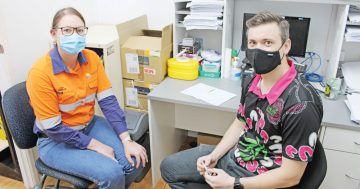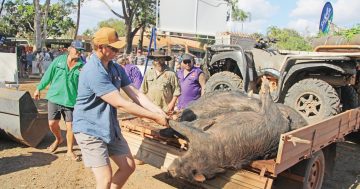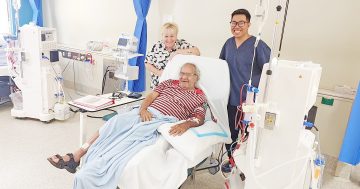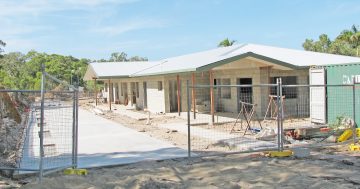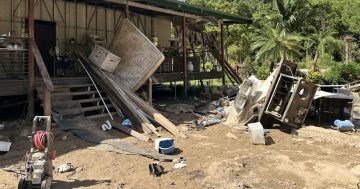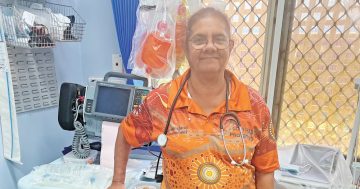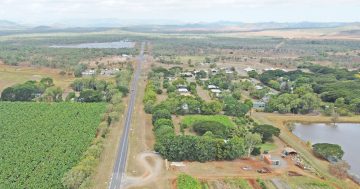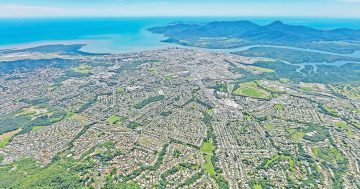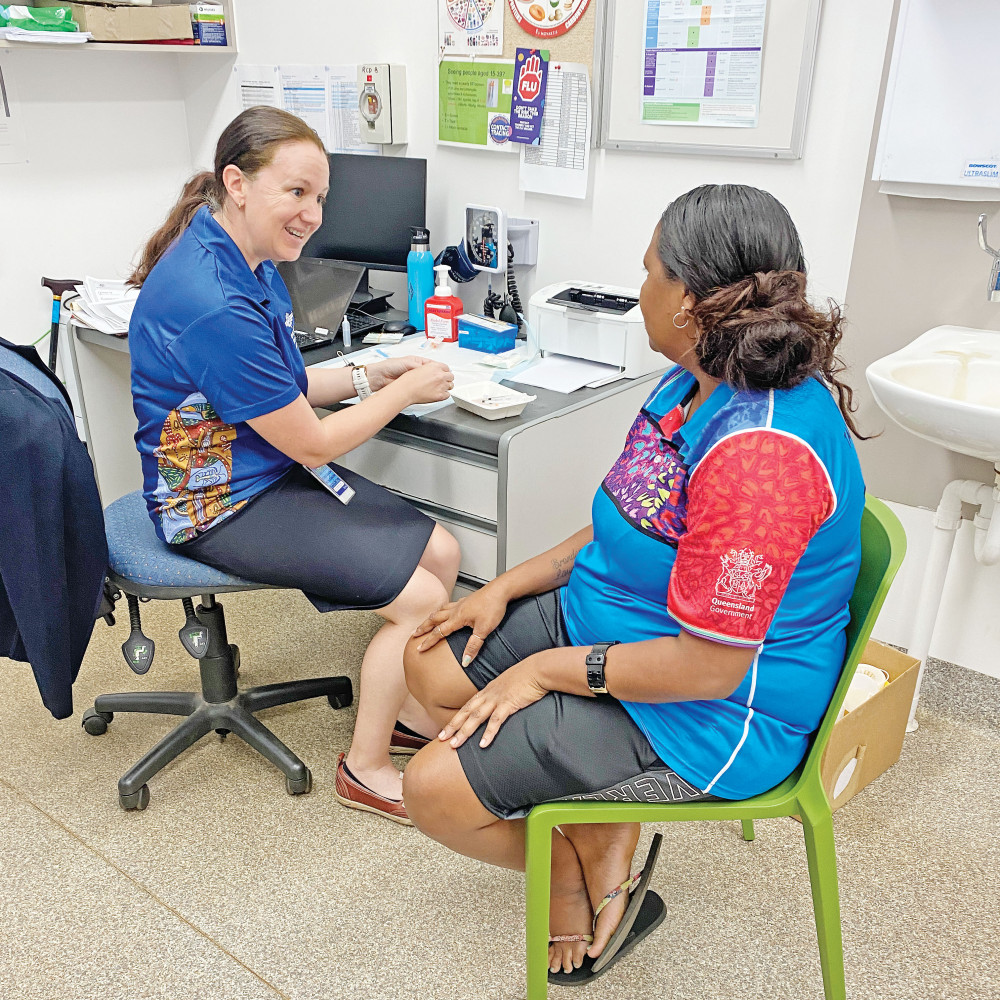
DEATHS and high hospitalisation rates from COVID-19 will be the harsh reality for Cape residents if the state and federal governments do not act immediately to improve vaccination rates.
The numbers in some communities are frighteningly low.
Yet the state and federal leaders have been absent. Local councils have been forced to do the heavy lifting in trying to convince residents to roll up their sleeves and get immunised.
The Torres and Cape Hospital and Health Service has tried its best to service the vast region in a timely manner, however they are working in a flawed system.
Some communities – Coen, for example – have only been able to access the vaccine on a handful of days this year. If you live in Cairns, or even Mareeba, you can make an appointment on any day of the week and get your jab.
That is simply not the case in Cape York.
Mapoon mayor Aileen Addo said more needed to be done to get people to protect themselves.
“We as a council have done all we can to encourage people to get the needle,” she said.
“People are worried if it makes them sick and about their fertility.
“They are frightened. There were community meetings with health people, but they don’t work, people are ashamed to ask questions.
“They need to come here and go house to house and sit down and answer questions.”
It is unknown why community health clinics, such as Apunipima Cape York Health Council, have not helped with the rollout.
Hope Vale’s Gerhardt Pearson said the system was not working.
“Queensland Health had these teams fly in to deliver the jabs, but the people in the communities have these clinics and doctors who they rely on and trust; they should have been the ones talking to people and giving the jabs,” he said.
Mr Pearson said more needed to be done to inform remote Australians.
“There has also been the fear spread across social media and lack of messaging to counter this,” he said.
“And while there has been a lot of wasted air and politics between state and federal levels of governments, there has been no attention paid to what is needed at the coal face or to listen to communities.’’
A lack of accurate statistics in the public sphere is also alarming local leaders. Numbers published by Queensland Health only take into account immunisation rates from their own on-the-ground vaccination clinics.
It doesn’t include residents who have been to a pharmacy, or have been vaccinated elsewhere. Cook Shire, for example, has an official double vaccination rate around the 30 per cent mark.
But mayor Peter Scott believes that figure is much higher when the numbers are calculated from GPs, pharmacies and out-of-town visits.
“A lot of people had their jab before the vaccination hub even arrived in Cooktown. I have seen other figures which puts our rate much higher,” he said.
All Cape York mayors agree that it’s only a matter of time before COVID-19 arrives in the region.
“We can’t be closed off from the outside world. We need to be protected,” Lockhart River mayor Wayne Butcher said.
“I think all the councils have done a really good job to encourage people to get jabbed, but we can only do so much.
“We need help because it will be devastating if COVID rips through the Cape.”
Queensland Health Minister Yvette D’Ath said last week that communities with low vaccination rates would become “ground zero” when the Delta strain entered the state.
Deputy Premier Steven Miles said the problem was in convincing people to get the jab.
“In some ways they have had the greatest access – Queensland Health moved very quickly to go into those communities and provide access,” he said.
“The challenge is one of communication and trust, and we will continue to work on that.”

